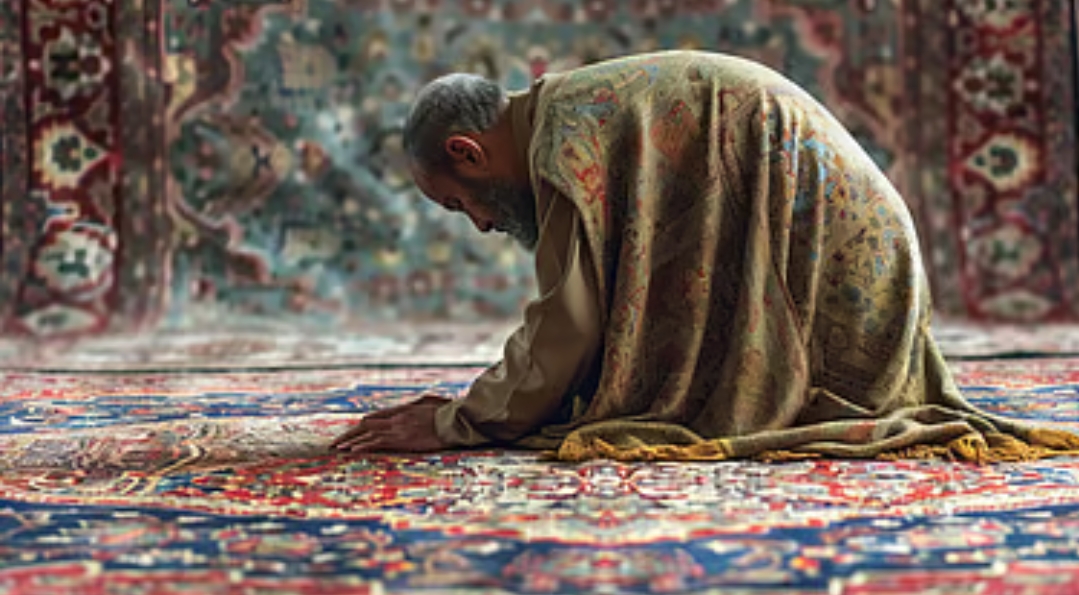Desk Report,
Loving the poor is a unique teaching of Islam.
In the eyes of Islam, loving the poor is not just humanity; it is an act of worship. The Quran and Sunnah have taught us that bringing a smile to the face of the needy is the best way to earn Allah’s pleasure. As one of the greatest proofs of kindness, responsibility and love for orphans, the Prophet (peace and blessings of Allah be upon him) has assured us of a closeness and intimacy in Paradise that is difficult to obtain through any other common act of worship.
Loving the poor is a unique teaching of Islam.
The Prophet (peace and blessings of Allah be upon him) said, “I and the one who takes responsibility for an orphan and takes care of him will be together like this in Paradise.” While saying this, he showed his index and middle fingers slightly apart. (Sahih Bukhari, Hadith: 5,304)
In today’s society, in the competition for money and pleasure, we often forget the poor. Yet in the eyes of Islam, they are one of the means of our sustenance and blessings.
The Prophet (peace be upon him) said, “Whoever removes a hardship from a believer in this world, Allah will remove his hardship on the Day of Judgment. Whoever eases the situation of a person in difficulty, Allah will ease his path in this world and the Hereafter. Whoever conceals the secret faults of a Muslim, Allah will conceal his faults in this world and the Hereafter. And Allah is with the servant as long as the servant is with the servant.” (Sahih Muslim, Hadith: 2,699)
The famous companion Sa’d ibn Abi Waqqas (may Allah be pleased with him) thought that he had some superiority over others. Then the Prophet (peace be upon him) said to him, ‘Do you not seek help and sustenance through your weak ones?’ (Sahih Bukhari, Hadith: 2,896)
The Prophet (peace be upon him) taught a great truth in this Hadith, which is that Allah Almighty showers mercy on the entire society due to the presence and prayers of the weak, helpless, poor or disabled people in the society.




